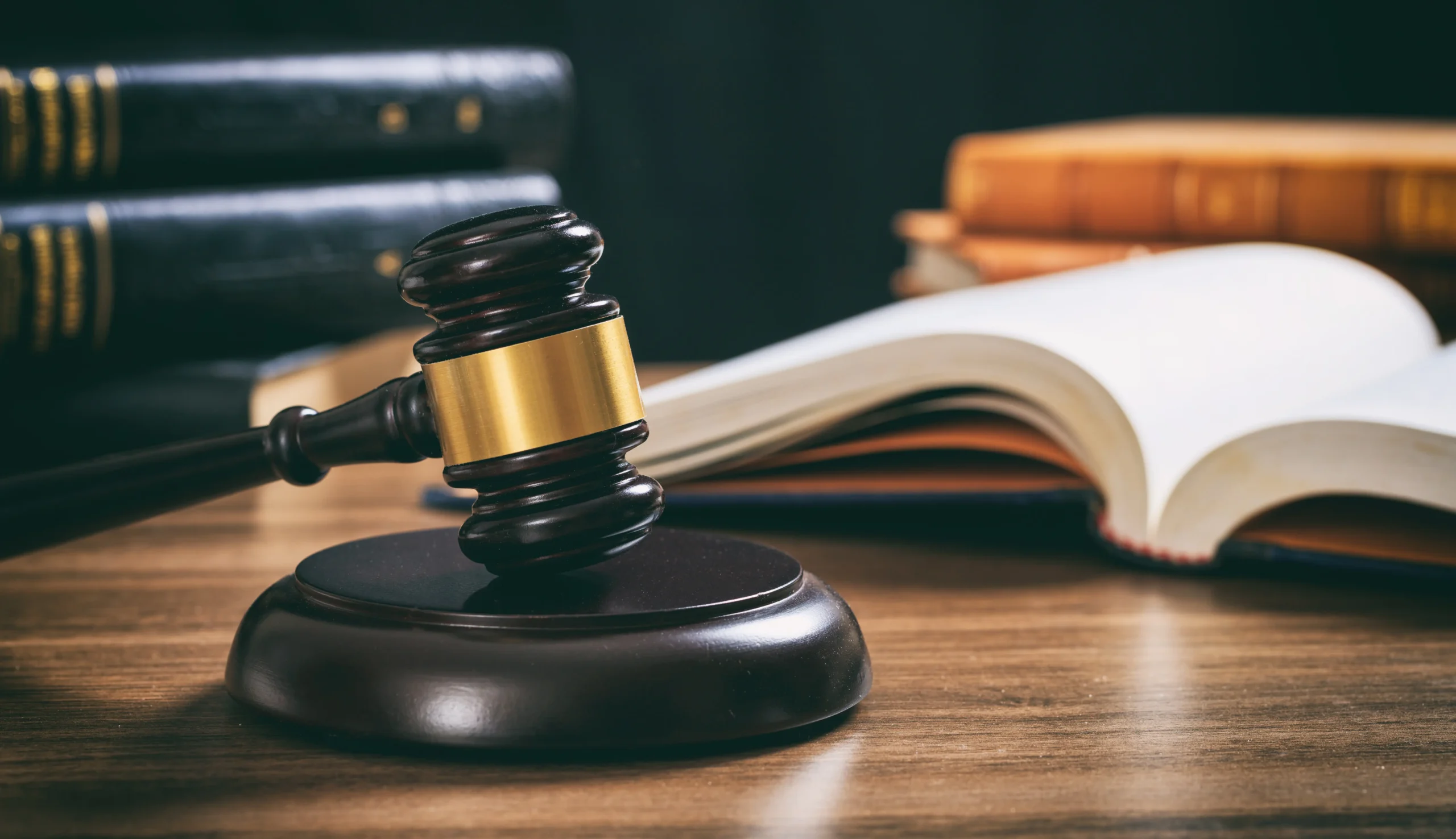A Brooklyn jury awarded Mr. Vargas $17.5 million for the City of New York’s violation of his civil rights for failing to provide him medical care while in custody. The jury found that the police officers involved failed to provide the necessary medical treatment and awarded $17.5 million to Mr. Vargas.
Recommended Articles
Categories
- Accidents
- After an Accident
- Compensation
- Firm News
- Insurance Claims
- Lawsuits
- New York Car Accident Resources
- New York Medical Malpractice Resources
- New York Motorcycle Accident Resources
- New York Nursing Home Injury & Abuse Resources
- New York Truck Accident Resources
- Personal Injury
- Workplace Injury
Practice Areas
Get A Free Case Evaluation
Punitive Damages in a Personal Injury Case
Punitive Damages in a New York Personal Injury Case
The New York Courts typically don’t care about punishing defendants in civil lawsuits. Criminal cases focus on punishments. The civil court system concerns itself more with compensating accident victims for injuries and losses. However, state law will allow a civil court to take punitive action against a defendant whose careless or egregious behavior causes someone’s injury or death. Instead of imposing fines and imprisonment, the court might award the plaintiff punitive damages as a punishment against the defendant.
Punitive damages are rare in personal injury cases. However, they are available under specific circumstances. You should consult an experienced personal injury attorney and consider seeking punitive damages if they apply to your situation.
What Are Punitive Damages?
Punitive damages aren’t financial compensation for an accident victim. They are meant to punish the defendant for willful or wanton actions, recklessness, negligence, a conscious disregard for the rights of others, or reckless conduct amounting to a disregard for others’ rights. Punishment makes sense if the defendant’s actions are so morally reprehensible or outrageous that monetary compensation for the victim’s losses isn’t enough. The court must punish the defendant and set a precedent to deter similar misconduct in the future.
How Are They Calculated in New York?
Determining whether the defendant acted with gross negligence is one possible method to determine whether the court should award punitive damages to the plaintiff. Gross negligence differs from negligence. Gross negligence involves a conscious disregard or indifference to others’ rights, safety, or life. Negligence is someone’s failure to act reasonably to avoid harming someone else.
Typically, the jury in a civil lawsuit determines the amount of punitive damages to award to the plaintiff. They might consider factors such as:
- The severity of the plaintiff’s injuries
- The circumstances of the defendant’s egregious actions or gross negligence
- The extent of the plaintiff’s injuries related to the defendant’s actions
- A reasonable amount of money to deter the defendant from committing similar acts again
The jury will also consider the defendant’s financial situation while calculating an award. However, exceeding ten times the amount of compensatory losses is often more than necessary. Most courts deem an amount over that limit as excessive.
Although New York doesn’t cap punitive damages at a specific amount, the United States Supreme Court suggests that punitive damages should not be too disproportionate to the plaintiff’s actual damages, or the award could be unconstitutional. In New York, an award of punitive damages seldom exceeds ten times the amount of compensatory losses. If a jury calculates more than that, the judge will likely reduce the financial award to a more suitable number.
When Are Punitive Damages Awarded?
There is no one size fits all rule to awarding punitive damages in a personal injury case. Sometimes, a specific statute authorizes punitive damages for plaintiffs injured under various circumstances. The facts of the case might cause the court to decide punitive damages are necessary to punish the defendant.
The law regarding punitive damages allows courts to grant a monetary award to a plaintiff if the defendant engages in immoral, egregious, or extreme conduct. That means their willful indifference, recklessness, or negligence is so severe that it justifies punitive action.
Common examples of conduct that can warrant punitive damages include:
- A driver traveling at excessive speeds causes a catastrophic accident with a motorcycle, car, or truck
- A large corporation that knowingly supplies the public with a defective or dangerous product that causes injuries or death to a significant number of consumers
- A drunk motorist running a red light and striking a pedestrian with their vehicle
- Nursing home staff who willfully ignores a resident’s request for assistance walking to the bathroom
- A defendant who engages in criminal activity such as theft, robbery, or sexual assault that results in the plaintiff’s injury and warrants a civil case
Are Punitive Damages Taxable?
Punitive damages don’t compensate the plaintiff for financial or noneconomic losses, such as medical bills and pain and suffering. Since they’re separate from the monetary compensation given during an injury claim or lawsuit, they are subject to taxation.
Hurt in an Accident? Contact Us Now
The courts might be reluctant to allow an injured accident victim to recover punitive damages in a personal injury lawsuit. The requirements for proving a defendant’s gross negligence or egregious actions are challenging. The standard is high, and meeting it requires help from an experienced personal injury attorney. Harris Keenan & Goldfarb has over 80 years of combined legal experience providing effective representation for our clients. You can count on us to fight for you. Call for a consultation today if you sustained injuries in an accident due to someone else’s gross negligence, willful or wanton conduct, or a conscious disregard for others’ rights.
Over $500 Million in Verdicts and Settlements
Our track record showcases over $500 million won for our clients. Each victory underlines our commitment to justice and client care. Explore our impact, case by case.
What Our Clients Say About Us

Thank you so much for recovering my injury case from 9 years ago that was dead in the water since the company went bankrupt and there was nothing else to do. Miraculously, you resurrected my case and was able to get a settlement which completed for me the horrific accident and the suffering I endured because of it. HK&G makes miracles happen by getting the job done and seeing that justice is served. Thank you so much.
Susan C.
Jason Steinberg is a great lawyer Donna and Terry were always very professional and kind I will always highly suggest this law firm and team to anyone out their. Thank you again to everyone at this incredible Firm!!!
They got me Justice, and achieved a substantial outcome for my case.
I am very impressed, and thankful for their outstanding performance on my behalf.
I am very pleased, and significantly satisfied with their representation.
‐-
Sherylon Wilkins
6 years ago I had a slip and fall accident at my employers place of business. I reached out to them because I knew that I was being wrongfully treated. They took care of the case, restored my self confidence, and brought so much peace to my problem riddled life.
I can recommend without a shadow of a doubt the services of Harris, Keenan & Goldfarb to anyone who is in need of someone who will have your back!
Frequently Asked Questions
Common questions that prospective clients have about personal injury claims include:
Do I need an attorney?
When you have suffered an injury, it can be difficult to know what to do next. If the injury was caused by someone else’s negligence, you may be entitled to compensation. However, filing a personal injury claim can be a complex and time-consuming process. An experienced attorney can help you navigate the legal system and fight for the maximum possible compensation.
How do I know I have a case?
When should I contact an attorney?
How do I determine which one to choose?
Once I hire an attorney, what should I expect?
Recent News
Find out how to move forward after an unexpected event with our short, helpful articles. We share simple advice that can make a big difference in tough times.
Contact Us
Monday - Friday: 9am - 6pm









































